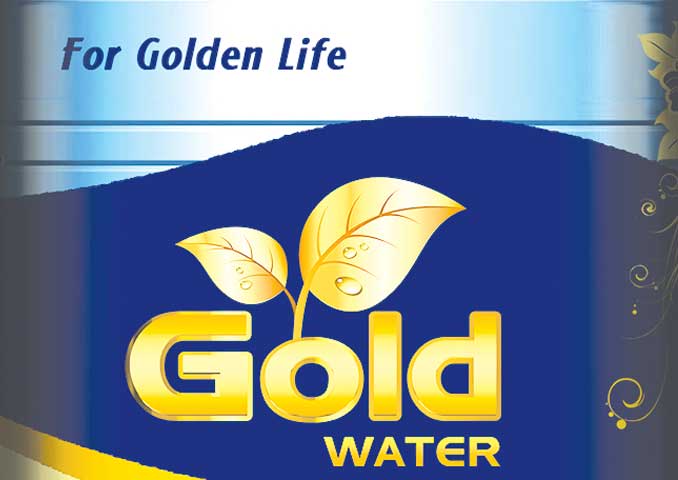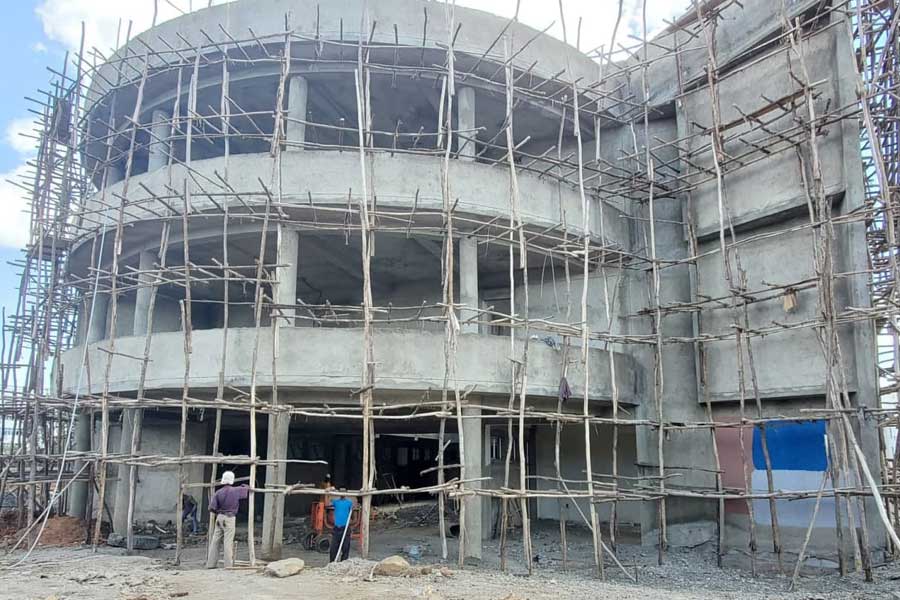
Radar | Dec 19,2020
Jun 20 , 2020
By HAGOS GEBREAMLAK ( FORTUNE STAFF WRITER )
newly established Water Development Commission has procured 53 Toyota Land Cruiser double-cabin pickup trucks to distribute to the regional states for 1.6 million dollars.
The pickups, which will be allotted to 22 cities in the regional states, were procured from the Motor & Engineering Company of Ethiopia Limited S.C. (MOENCO), which secured the deal after winning a bid.
Of the cities that will receive the trucks, six of them are located in Oromia, four in Amhara, three in Southern Nations, Nationalities, & People's Region and two in Tigray and Somali each. Cities in Afar, Benishangul, Gambella, Harari and Dire Dawa also received trucks.
The vehicles will be used for staff transportation and related services, according to Beide Melak, communications director at the Commission, which was established in December 2018 to ensure the supply of potable water, sanitation and hygiene.
The vehicles are procured under the Second Ethiopia Urban Water Supply & Sanitation Project, a six-year project that was launched with a 505-million-dollar loan from the World Bank. With the objective of improving operational efficiency and increasing access to water and sanitation services, the project was launched in August 2017.
The project has three components - sanitation and water supply service improvements in Addis Abeba; sanitation and water supply service improvements in secondary cities; and project management and institutional strengthening. For the three components, the World Bank committed 260 million dollars, 241 million dollars and four million dollars, respectively.
The project intends to provide 623,000 urbanites with access to improved water sources with the aim of managing the waste of 2.7 million urban residents. As of May 2019, 150,822 people in the 23 cities received access to improved water, and the waste of 357,500 urbanites was successfully managed, according to the World Bank.
“The criteria to distribute these vehicles is the number of project sites or beneficiary cities in each regional state,” said Beide.
The Addis Abeba Water & Sewerage Authority is also on its way to importing vehicles as part of the Second Ethiopia Urban Water Supply & Sanitation Project, according to Seyum Tola, water and sanitation infrastructure manager at the Authority.
“We've signed an agreement with MOENCO to procure 22 pickups," Seyum told Fortune.
The Oromia Water & Sewerage Bureau also established a new independent office last week for the execution of the second urban water supply and sanitation project, according to Ayana Kelbessa, coordination manager at the Bureau, which rented an office for the project.
Redundancy of responsibilities and lack of human and material resources compelled the Bureau to establish an entity that will be responsible for executing the project in Adama, Assela, Bishoftu, Jimma, Neqemte and Shashemene towns, according to Ayana.
“We need the vehicles since we're organising an independent office," said Ayana.
Rather than the pickups, the Commission should procure sewage tanker trucks since there is no central sewage system across the cities, according to Abebe Dinku (PhD), an associate professor of civil engineering at Addis Abeba University who has conducted research on sanitation systems.
"The country’s sanitation and sewage system is very poor since there aren't integrated municipal sewage canals, but each household stores its own sewage, which pollutes the environment," said Abebe. “Many sewage trucks are needed for door-to-door sewage collection and disposal.”
The sector, which is in a rudimentary stage, is challenged by the fact that water per capita consumption is low even compared to other third world countries, and central sewerage systems account for just six to 10pc of the need. The sector needs to receive huge amounts of public spending since it is a raison d’etre, a basic necessity, for urban centres and the people that live there, according to Abebe.
“Sanitation, particularly clean water supply, road and waste management are related to health and development,” he said.
The country has very outdated drainage systems, and the sewage pipes are very narrow - around 30cm, according to Abebe.
The Commission should focus on reconstructing central sewage and stormwater drainage systems that connect households with the municipal sewage canals, the expert recommended.
“Such a system is indispensable to preventing pollution since it allows sewage recycling,” Abebe said. "The country needs at least 10 years to create a central sewage system."
PUBLISHED ON
Jun 20,2020 [ VOL
21 , NO
1051]

Radar | Dec 19,2020

Fortune News | May 11,2019

Radar | Sep 21,2019

Fortune News | Oct 05,2019

Sunday with Eden | Dec 14,2024

Fortune News | Nov 07,2020

Radar | Mar 07,2020

Fortune News | Apr 12,2020

Radar | Feb 20,2021

Radar | Jun 15,2019

Dec 22 , 2024 . By TIZITA SHEWAFERAW
Charged with transforming colossal state-owned enterprises into modern and competitiv...

Aug 18 , 2024 . By AKSAH ITALO
Although predictable Yonas Zerihun's job in the ride-hailing service is not immune to...

Jul 28 , 2024 . By TIZITA SHEWAFERAW
Unhabitual, perhaps too many, Samuel Gebreyohannes, 38, used to occasionally enjoy a couple of beers at breakfast. However, he recently swit...

Jul 13 , 2024 . By AKSAH ITALO
Investors who rely on tractors, trucks, and field vehicles for commuting, transporting commodities, and f...

Oct 18 , 2025
The political establishment, notably the ruling party and its top brass, has become p...

Oct 11 , 2025
Ladislas Farago, a roving Associated Press (AP) correspondent, arrived in Ethiopia in...

Oct 4 , 2025
Eyob Tekalegn (PhD) had been in the Governor's chair for only weeks when, on Septembe...

Sep 27 , 2025
Four years into an experiment with “shock therapy” in education, the national moo...